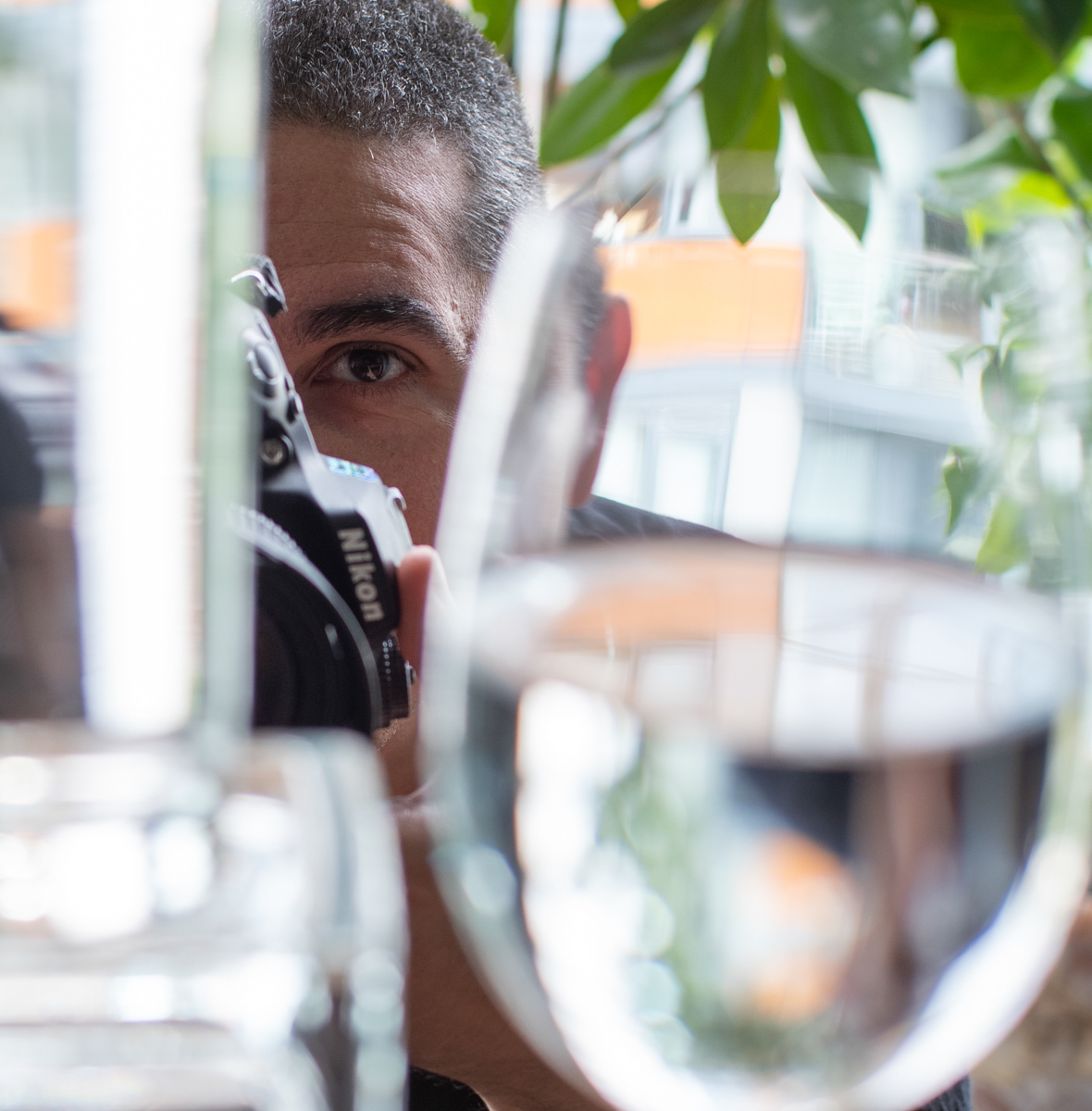A few weeks ago, while planning the catering for a shoot that I was producing, I decided to go with a vegan catering because one of the crew members was vegan. On the day of the shoot, when all the food arrived it came protected in layers after layers of plastic packaging. What is the point in going vegan for environmental reasons, if you will then generate so much plastic waste that it defeats your purpose? What you do with your hands, you destroy with your feet, my nan used to say.
The majority of people would argue that all that plastic waste is recyclable, so we would still be on the right track to saving the planet. But, the reality is that not only not all of our rubbish is recyclable nor reusable and will probably end up in a landfill, but from the part of that rubbish that is recyclable less than 45% will be recycled or reused in the end. What's worse, the amount of waste generated by households that can actually harm the environment is very small in comparison to the waste that industries generate. So, even if we recycle all the waste that consumers produce we still wouldn't be saving the planet. According to official figures in the UK, 15% of the waste generated comes from households, while 70% comes from commercial, industrial, construction, demolition and excavation activities.
Recycling is not the solution that we were promised, it's just a small part of it. It's easy to make consumers feel guilty about all the waste that we are generating and have us obediently separate all of our rubbish at home. This way, governments feel like they have done their part on the matter and consumers are happy because we are left feeling like we are doing something good for the planet. Meanwhile, producers keep on packaging their products in plastic because it's cheap and it's all about margins and profit, and the rubbish that is not recycled nor reused keeps piling up in a landfill in a town near you or it gets sent to other countries. Well, that is up until not so long ago, because we are using such bad quality materials in our production chains that developing countries don't want our rubbish anymore.
Specialists in waste management talk about the four R's: Reduce, Reuse, Recycle and Recover. Any waste that is not subject to these 4 principles ends up in landfills or incinerated without energy recovery. Recycling comes in third place of these principles because we don't have the capacity to recycle all the waste that we produce, and the multi-million pound recycling industry itself has an impact of its own (the economic impact, the pollution that comes from collection, transportation and operation of recycling equipment, and the production of greenhouse gases, to name a few). Priority is given to Reducing our waste and trying to Reuse as much as possible.
What can we do if we want to run an environmentally friendly business? Just last week, I spoke about this matter with fashion journalist Olivia Pinnock, who has written extensively about sustainability in the fashion industry. We both agreed that we can't possibly do everything that there is to be done to be 100% sustainable because the nature of our businesses will eventually have an impact on the environment. Instead, what we can do is assess our personal and professional environmental impact and make changes in the areas where we feel that we can contribute to generating less waste.
To reduce the amount of waste that we produce, we should start by paying attention to how much and how often we buy and whom we buy from, and source suppliers that are environmentally conscious. Suppliers that are actually doing something to reduce their environmental footprint and not just trying to comply with the minimum guidelines required by our governments. Suppliers that use biodegradable packaging instead of all that plastic. Suppliers that make products that can be reused or repurposed, in line with the Circular Economy principles.
Also, we should Reuse as much as possible, and give a second life to what we don't use anymore by repurposing it, selling it on the second-hand market or passing it on to those who might have a use for it. And, above all, we must use the power of voting to elect politicians that are more strict with the sectors that are the biggest producers of waste. Stop punishing consumers for something that we haven't done wrong and forget the notion that Recycling is the answer to our waste problem. This is a problem that has to be tackled at the source.
Photo credits: image by Andrzej Gruszka.
Do you like what you just read? Subscribe to my weekly blog posts here!
